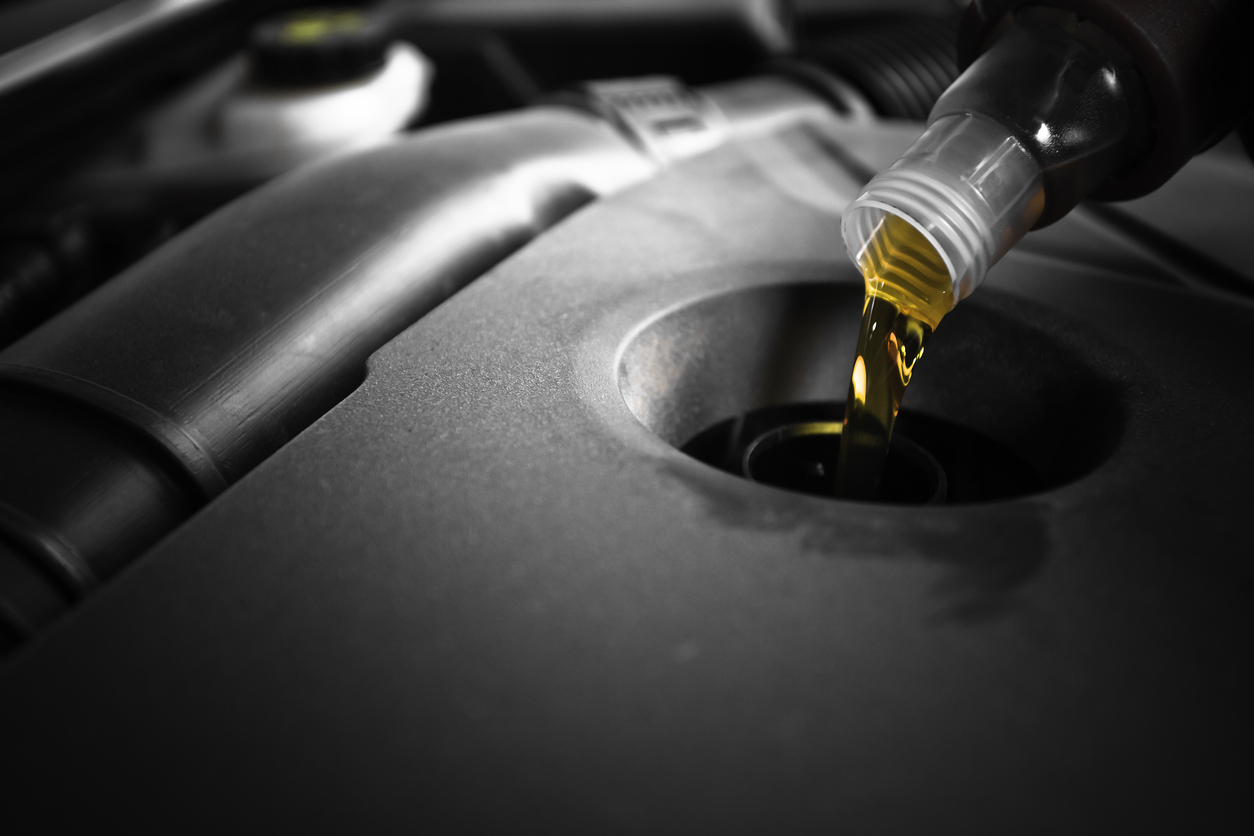Why Are Oil Changes so Important?
Oil changes are a crucial aspect of maintaining the condition of your car. Improved fuel economy, reduced risk of larger mechanical issues and extended lifespan are just some of the benefits that regular oil changes offer a vehicle. Learn more about how oil changes impact your vehicle and what you should consider when taking your vehicle in for an oil change.
Save on Fuel Economy
Poor engine lubrication generates more friction between engine components, which causes the engine to work harder and consume more gas.
Prevent Larger More Expensive Repairs down the Road
Over time, heat, varnish and carbons contaminate your oil. This causes the oil to become more sludge-like opposed to its original liquid form. If not replaced, this sludge can begin to clog your engine and even lead to damaged engine components such as a worn-out piston. Having your engine cleaned or replacing a damaged piston is a much higher cost than the costs of an oil change.
Keep Your Engine Cool
As discussed above, an engine that isn’t properly lubricated will create more friction. Not only can this additional friction hurt you at the pump, but it also means your engine will generate more heat. Regular oil changes are a necessity to preventing your engine from overheating.
What Do I Need to Know About Having An Oil Change Performed?
One of the biggest questions that come with oil changes is, “how often does my car need its oil changed?”
Mileage is the greatest factor in determining when an oil change needs to be administered opposed to a certain amount of time. Significant amounts of driving in a shorter period of time will cause you to need an oil change sooner, rather than if you went a long period of time with less driving.
The type of work your vehicle has been doing also impacts when it will need an oil change. For example, using your vehicle for towing purposes will cause you to need an oil change faster.

